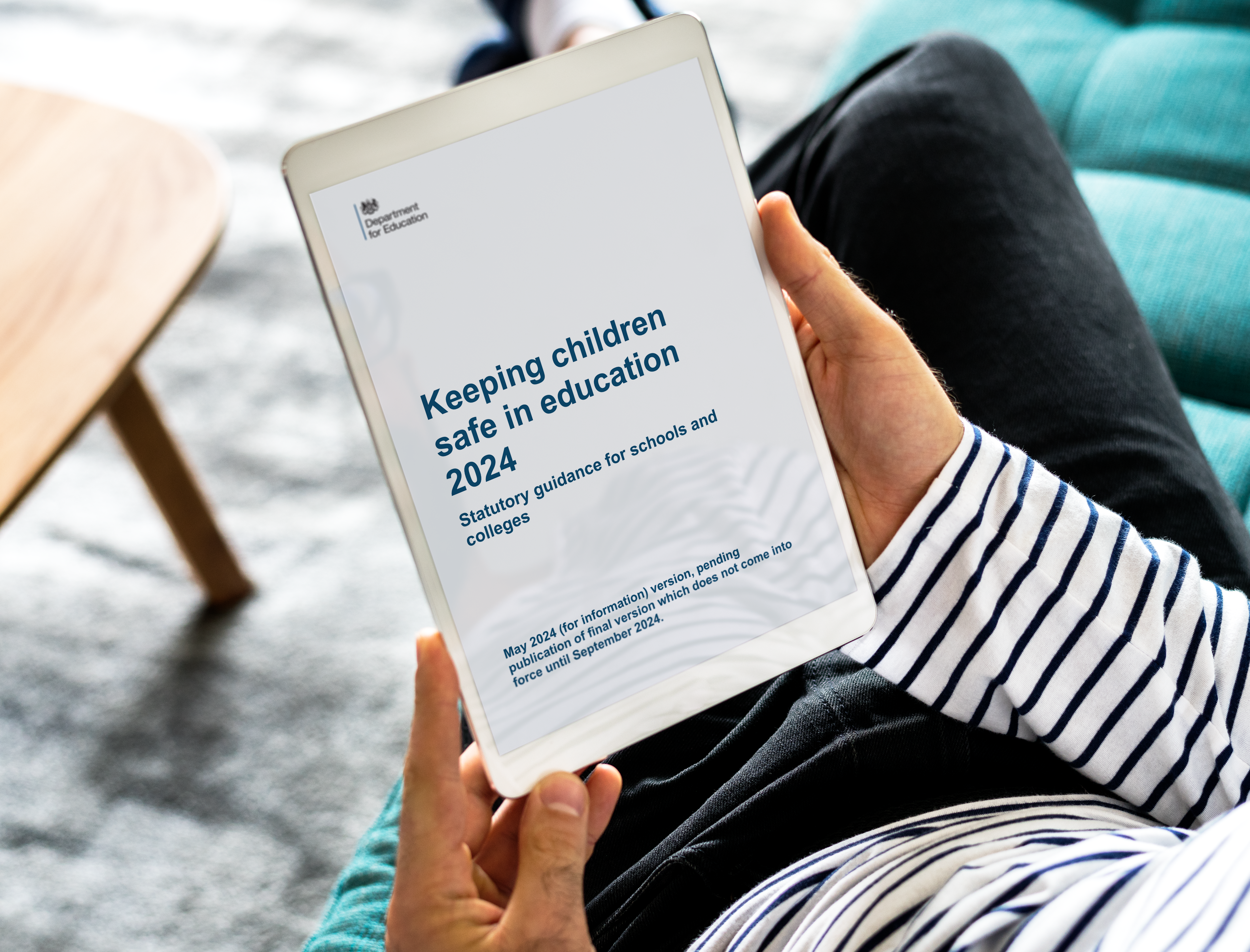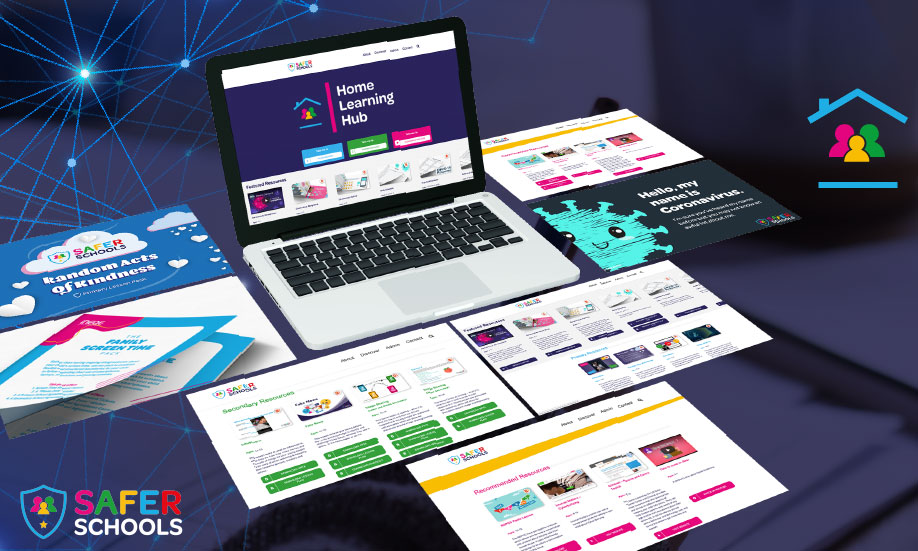Reading Time: 3.8 mins
6th June 2024
The latest update to Keeping Children Safe in Education (KCSIE) 2024 was released on the GOV.UK website on 24 May 2024.
This applies to all schools and colleges in England. It sets out the legal duties that must be followed to safeguard and promote the welfare of children and young people under the age of 18.
It’s important to be aware of the changes to this year’s KCSIE and how they will impact education practice from September 2024. We’ve created this summary for you to help break down some of the major changes within the guidance.
Join our Online Safeguarding Hub Newsletter Network
Members of our network receive weekly updates on the trends, risks and threats to children and young people online.















